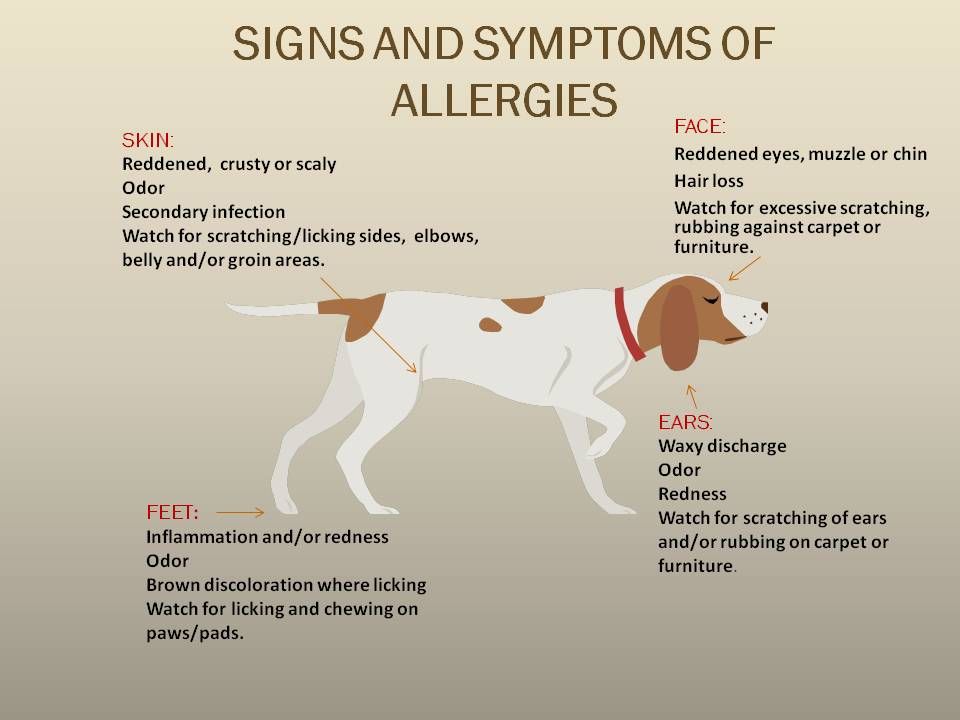Can Dogs Be Allergic to Cats?

People and pets sneeze for various reasons. If you have a seasonal allergy, you may have heard your dog sneezing and wondering if he is allergic to pollens or other environmental triggers the way you are. In cats allergic reactions to a dog in the house can occur. And it is indeed possible that dogs are also allergic to cats.
Signs of allergies in dogs
The American Kennel Club points out that the signs of allergies in dogs are different than in humans. Allergy symptoms usually occur with itching, water, red eyes or a runny nose or scratchy neck. In dogs, itching is the main sign of allergies. This is because their skin absorbs environmental allergens such as mold, pollen, dust and dandruff more easily.
Dander is the buzzword for microscopic fur and skin cell pieces that are rejected as part of the normal skin renewal process. According to the AKC, your dog may be sensitive to dander in cats. In this case, your dog may show signs of inflammation and itching.
Common allergies in dogs
The Canna Pet website states that dogs are not very likely to be allergic to cats, but it can happen that dogs are even allergic to other dogs. Dogs are more likely to be allergic to ingredients in their diet, to environmental factors or to fleas. If your cat has pollen on the coat or something that your dog is allergic to, your cat can transfer that allergen to your dog or other household surface. According to Canna-Pet, the only way to make sure your dog is allergic to your cat is to do allergen tests.
Cat allergy tests for dogs
National Geographic reports that some veterinary facilities routinely test dogs for allergies to cats. Allergy testing for dogs allergic to cats is very similar to the way people perform allergy tests. A small amount of the allergen, in this case cat dander, is placed under the skin to test for reactions.
Treatments for allergic dogs
Treatments for dogs allergic to cats may include immunotherapy, according to the AKC. Immunotherapy is a system for reducing allergen responses through controlled daily exposure. More frequent vacuuming can reduce your dog's exposure to allergens that can reduce the severity of their symptoms. An air purifier that can remove particles from the air can also help keep your home cleaner.
Pets Best Insurance suggests that other potential treatments for dog allergies may include antihistamines that bind to the cells in your body that respond to allergens so that the allergens themselves can not cause a response. Just as in humans, serious allergic reactions can be controlled with steroids. Certain medications may be prescribed as immunosuppressants. These should be effective in about 60% of patients and be safe in the long term.
Shampoo and sprays can help protect your pet's skin and also remove allergens that may trigger it. If you change your pet's diet, you can make it healthier overall, which may help ward off allergic reactions.







No comments: